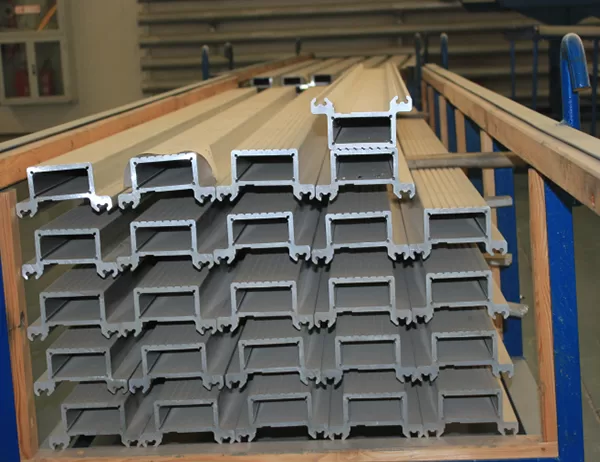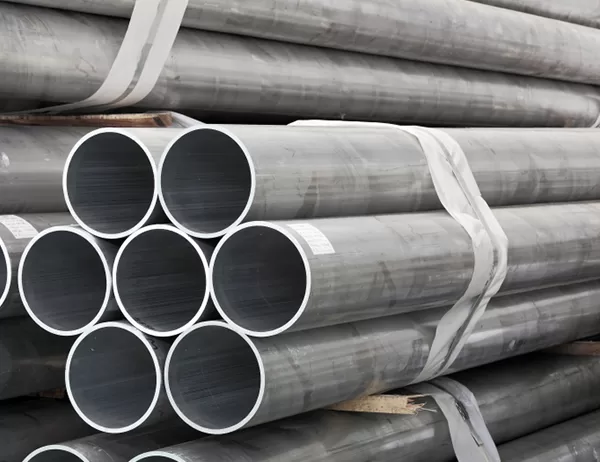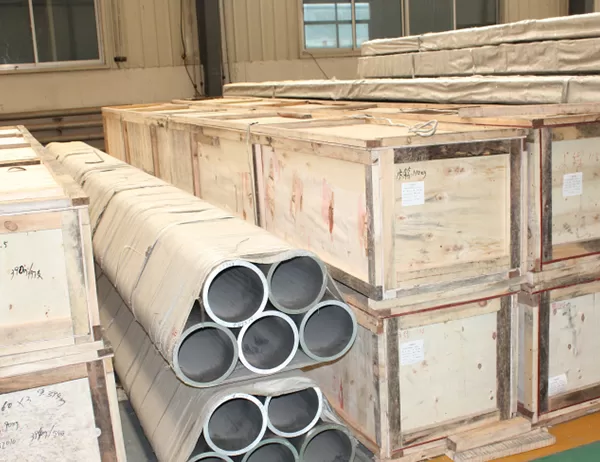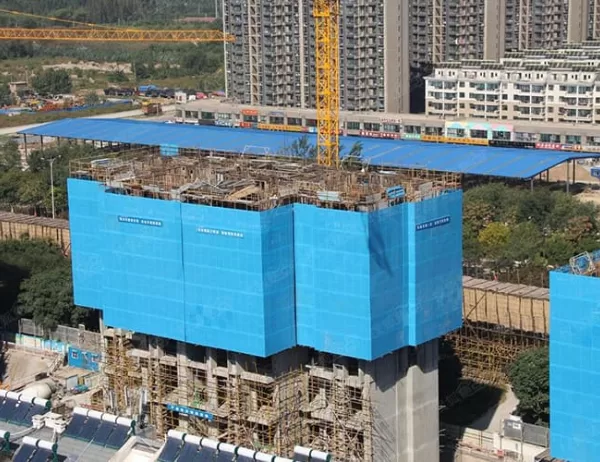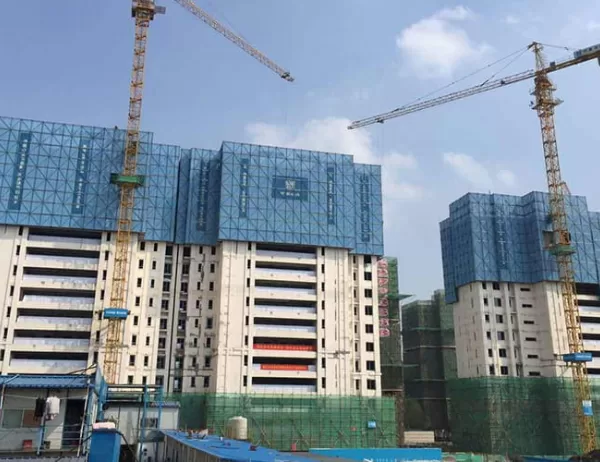Industrial aluminum profiles are widely used in various industries due to their exceptional strength, durability, and versatility. However, like any other material, aluminum profiles can encounter certain issues during their manufacturing, installation, or usage. Identifying and addressing these issues promptly is crucial to ensure optimal performance and longevity. This article provides a comprehensive guide to troubleshooting common problems associated with industrial aluminum profiles.
Surface defects, such as scratches, dents, or corrosion, can affect the aesthetic appeal and performance of aluminum profiles. These defects can arise due to improper handling, storage, or transportation. To prevent surface defects, it is essential to handle profiles with care, store them in a dry and protected environment, and use proper packaging during transportation.
Dimensional discrepancies, such as deviations from specified lengths, widths, or thicknesses, can hinder the proper assembly and functionality of aluminum profiles. These discrepancies can result from inaccurate measurements during manufacturing or improper cutting and machining processes. To avoid dimensional issues, it is crucial to work with reputable manufacturers who employ precise measurement and fabrication techniques.
Improper installation can lead to various problems with aluminum profiles, including loose connections, alignment issues, and structural instability. These issues can arise due to incorrect assembly sequences, inadequate tightening, or improper support. To ensure proper installation, it is essential to follow the manufacturer’s instructions meticulously and use appropriate tools and techniques.
Industrial aluminum profiles are generally resistant to corrosion, but they can become susceptible in certain environments or under specific conditions. Corrosion can weaken the structural integrity and shorten the lifespan of profiles. To prevent corrosion, it is essential to choose aluminum alloys with appropriate corrosion resistance properties for the intended application and to provide proper surface treatments, such as anodizing or painting.
Fatigue failure is a common issue in aluminum profiles subjected to repeated or dynamic loading. This failure mechanism can result in cracks or fractures due to cyclic stress. To prevent fatigue failure, it is crucial to design profiles with adequate strength and durability, considering the anticipated load conditions and the fatigue properties of the aluminum alloy used.
Regular maintenance is essential to ensure the longevity and optimal performance of industrial aluminum profiles. This includes cleaning the profiles to remove dirt and debris, inspecting for any defects or damage, and re-tightening connections as needed. Proper maintenance practices can help prevent premature failures and extend the lifespan of aluminum profiles.
Troubleshooting common issues with industrial aluminum profiles involves identifying the cause of the problem and implementing appropriate solutions. By addressing these issues promptly and effectively, manufacturers, installers, and users can ensure the reliability, durability, and performance of aluminum profiles in various industrial applications.
